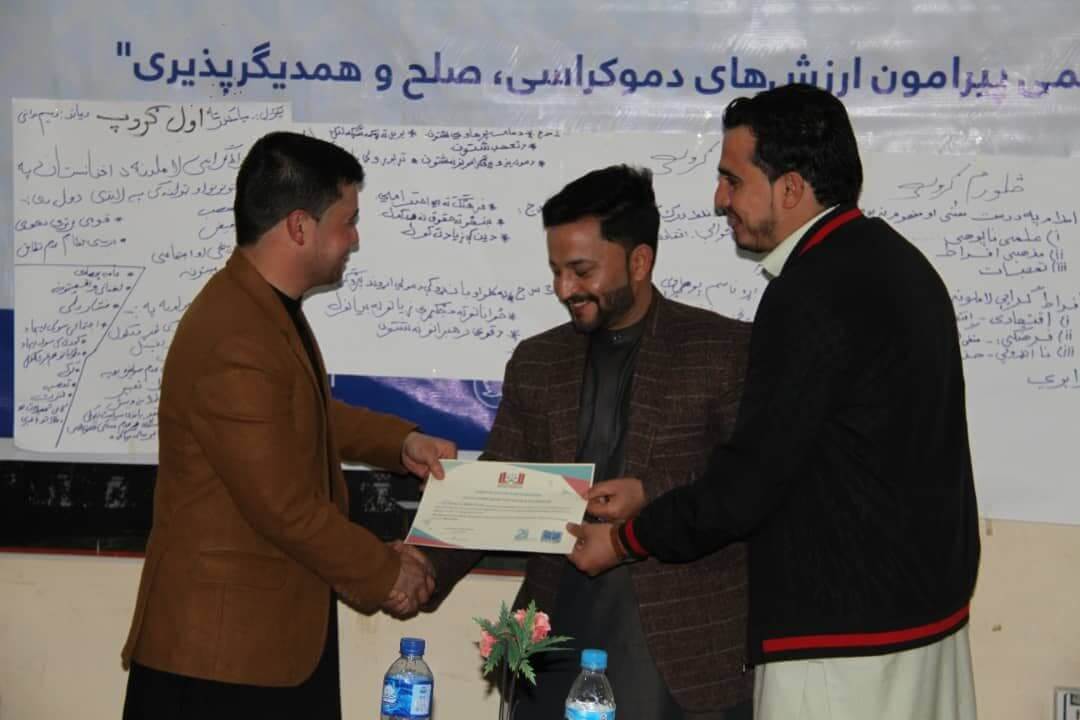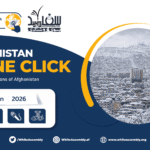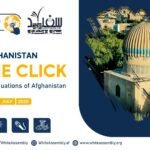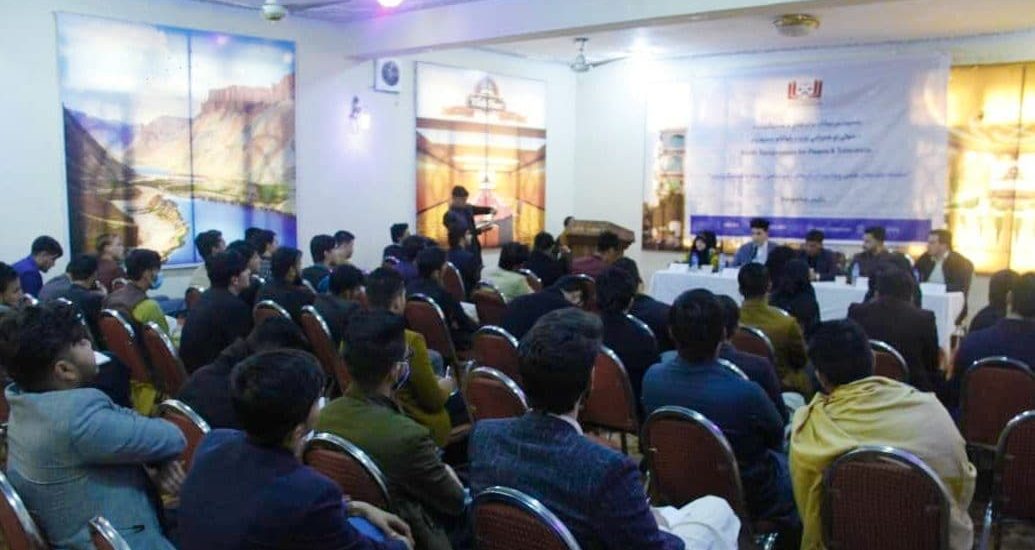
1st Round of Youth Symposium for Peace & Tolerance | Nangarhar Province
The first round of the Youth Symposium for Peace and Tolerance (P&T) initiated by the Afghanistan Economic & Legal Studies Organization (AELSO) with the direct cooperation of other prestigious national and international organizations on the role of academic institutions for ensuring peace, prosperity and tolerance, has been successfully organized in Nangarhar province in January 21, 2021.
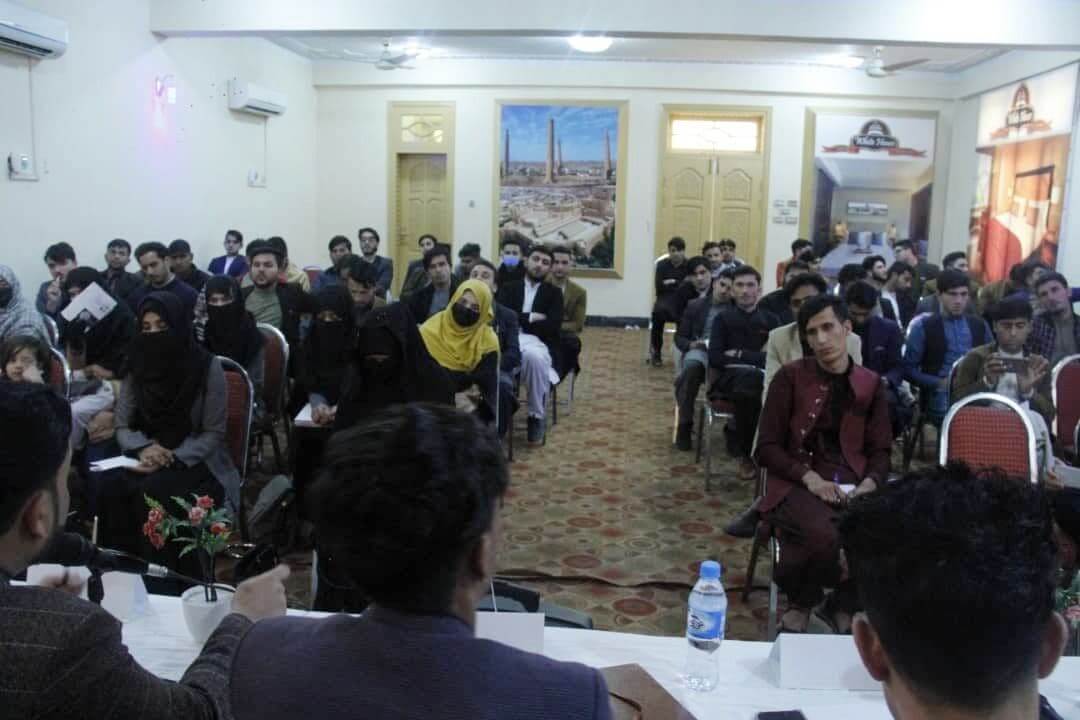
In this half day program; Sixty young people including 20 young girls comprising of university students & lecturers, religious scholars, cultural and social activists came together and despite discussing the compatibility of the free society values with the teachings of the holy religion of Islam, the participants also recommended some practical steps to be taken for better ensuring peace, prosperity and tolerance as well as fighting extremism and fundamentalism in Afghanistan.
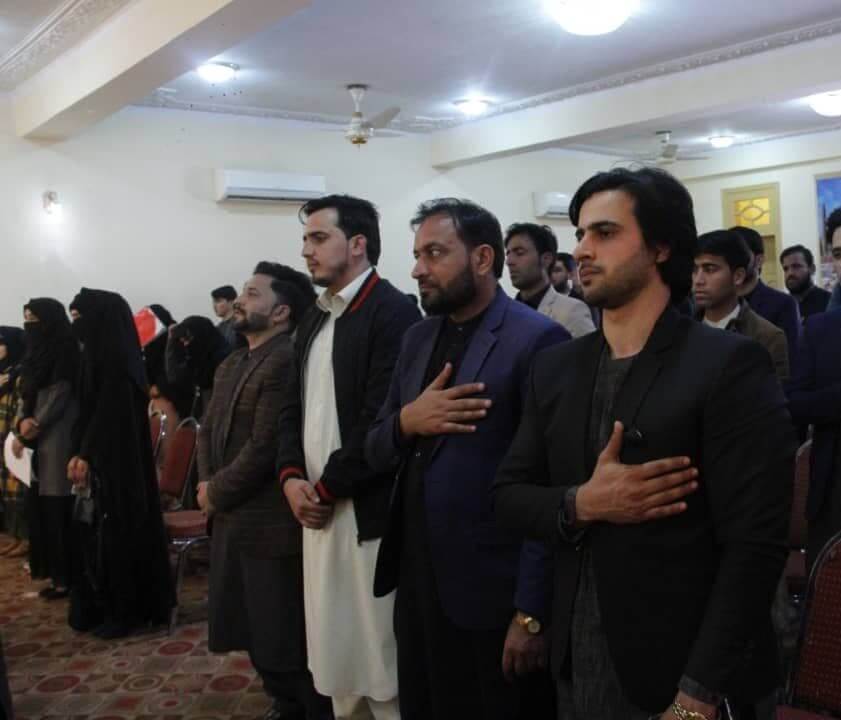
In the begging part of the symposium, Mr. Shir Shah Hamdard welcomed the participants and encouraged the youths to actively contribute to promoting the values of peace, mutual acceptance and prosperity in the society. Following him, Ms. Salma Hamid briefed the participants about the different initiatives of the AELSO particularly the Youth Symposium for Peace & Tolerance.
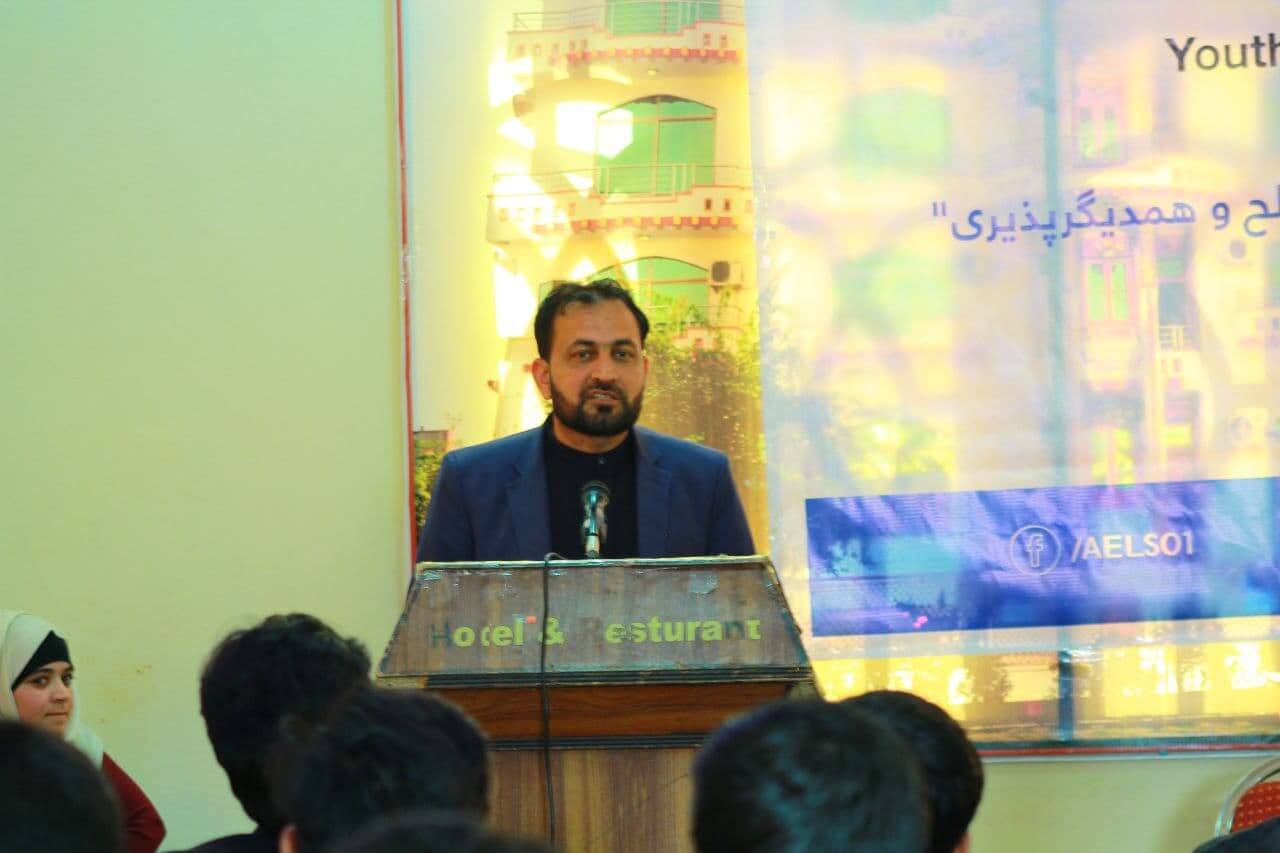
Continuing the program; Mr. Ahmad Soroush Arvin, the founder and professor at the Afghanistan Nawin Academy talked about the roles of the academic institutions in promoting the values of peace and tolerance and said:
“Academic institutions are the centers where human spirit is trained and plays a fundamental role in individual’s personality growth and determines whether these individuals should contribute to the development of the society or take action for destroying it; in both cases, the roles of the academic institutions cannot be ignored.”
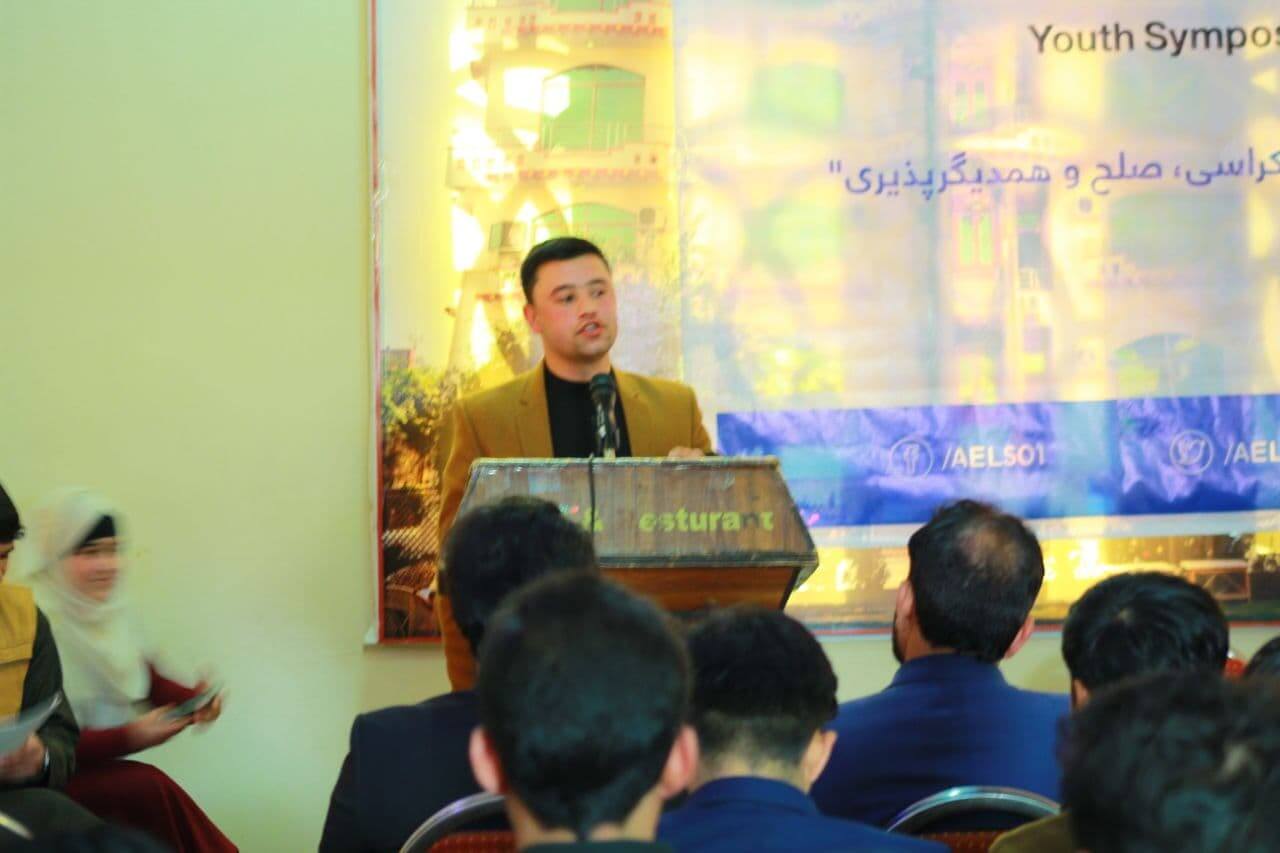
Next, Mr. Jamil Popalzai; lecturer at Nangarhar University also shaded some lights on the role of academic institutions in promoting peace and tolerance by saying:
“Academic institutions are as the base and foundation for promoting and maintaining the values of peace and tolerance in a society. These institutions should provide the opportunities of study tours for their students to the different provinces of the country with the aim of strengthening the spirit of mutual acceptance among them. In addition, the officials of these institutions should be role models for the youths and students by having the most suitable behavior and way of communication.”
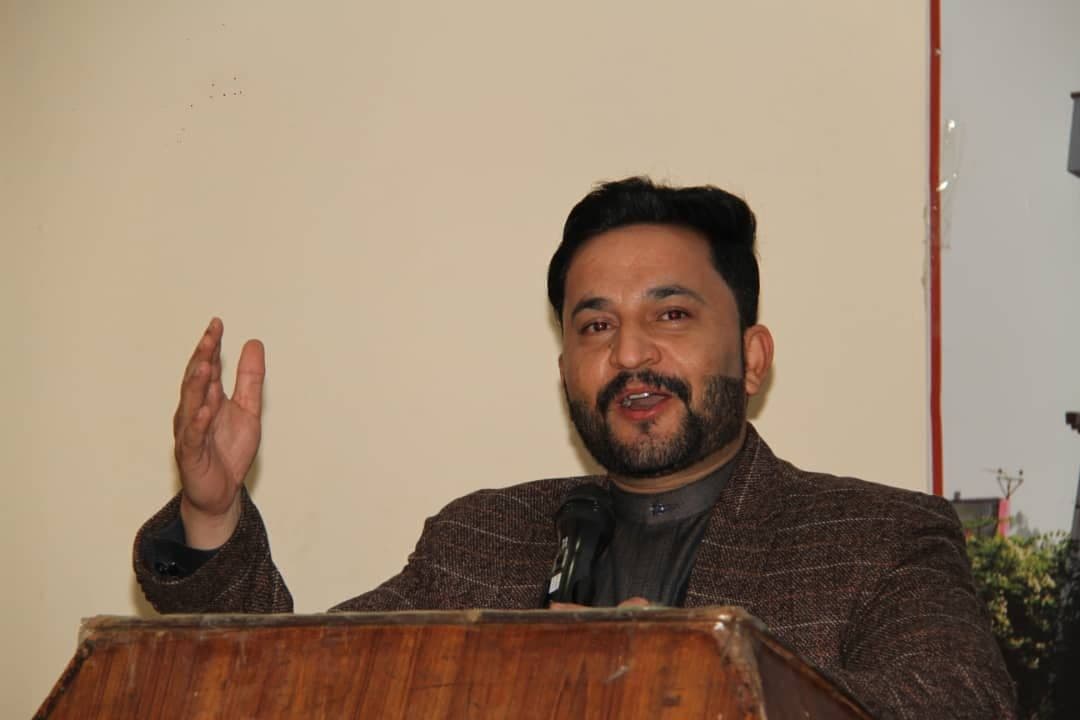
Also in this program; Wahidullah Zahir, head of Peace Architects Foundation highlighted the role of young people, especially students, in promoting peace and tolerance. He said:
“Young people, especially students who are the strength of society, each have an individual responsibility in promoting peace and tolerance. We are from all walks of life, as young people we must respect each other’s culture, beliefs and opinions. “Young people can hold programs and meetings in various places, even parks and mosques to promote peace and mutual acceptance. This symposium is the best example in this regard.”
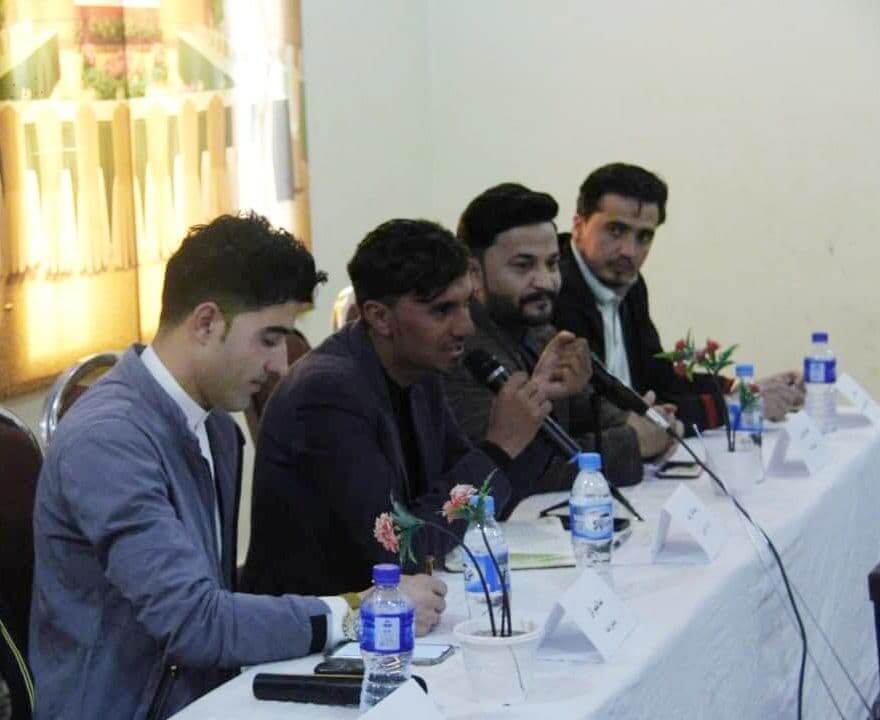
Mr. Abdulbasir Atal; talking about ways to promote the culture of mutual acceptance in academic institutions, said:
“Fighting against religious, racial, cultural and gender discriminations, respect for each other and the practice of mutual acceptance among professors and students, can play a positive role in promoting the culture of tolerance in academic institutions serving the society.”
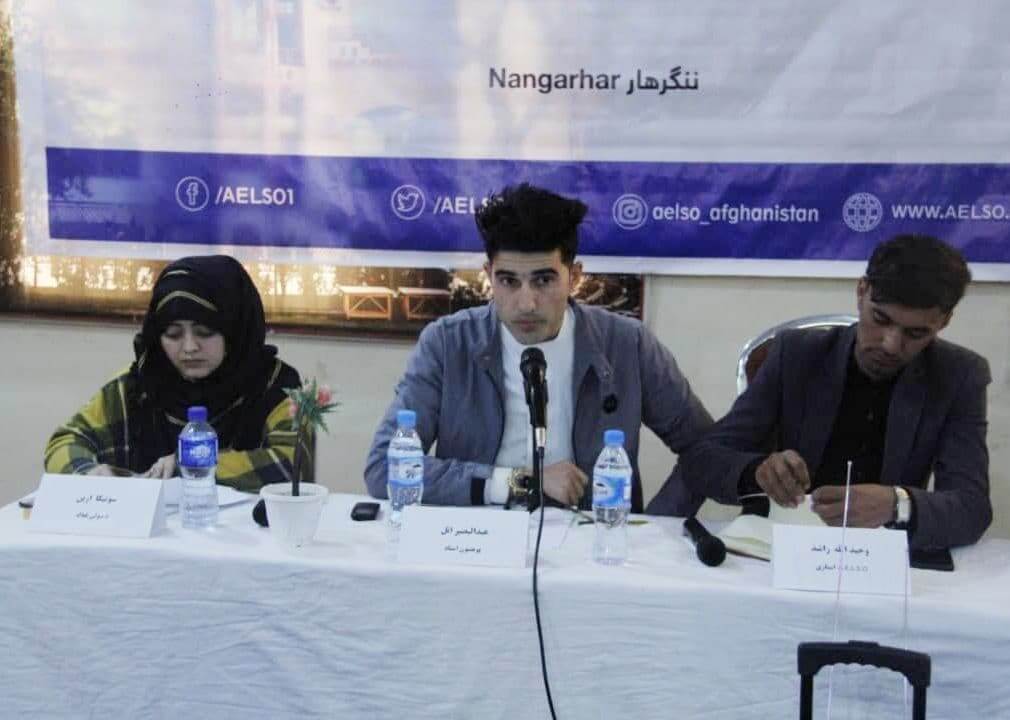
Ms. Sonica Arian; Speaking about the activities of the academic institutions in the country said:
“the role of the academic institutions in promoting peace is to hold seminars, programs, paintings, theaters, the use peace terminology as well as reforms in school curriculums particularly history subject and upgrading university syllabus with inserting topics about peace, prosperity and tolerance, can definitely serve as the ground for sustainable peace in the country.”
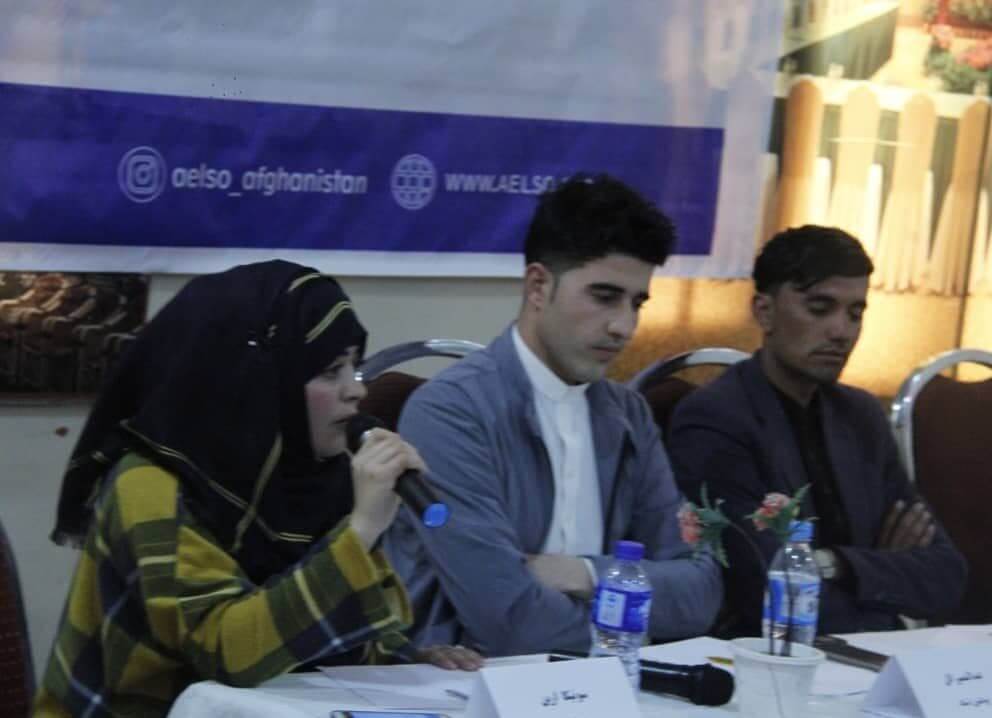
In the group work section, the participants of the symposium were divided into different groups and shared their opinions on the questions raised by us, and the result of these group works has been presented by one representative from each group.
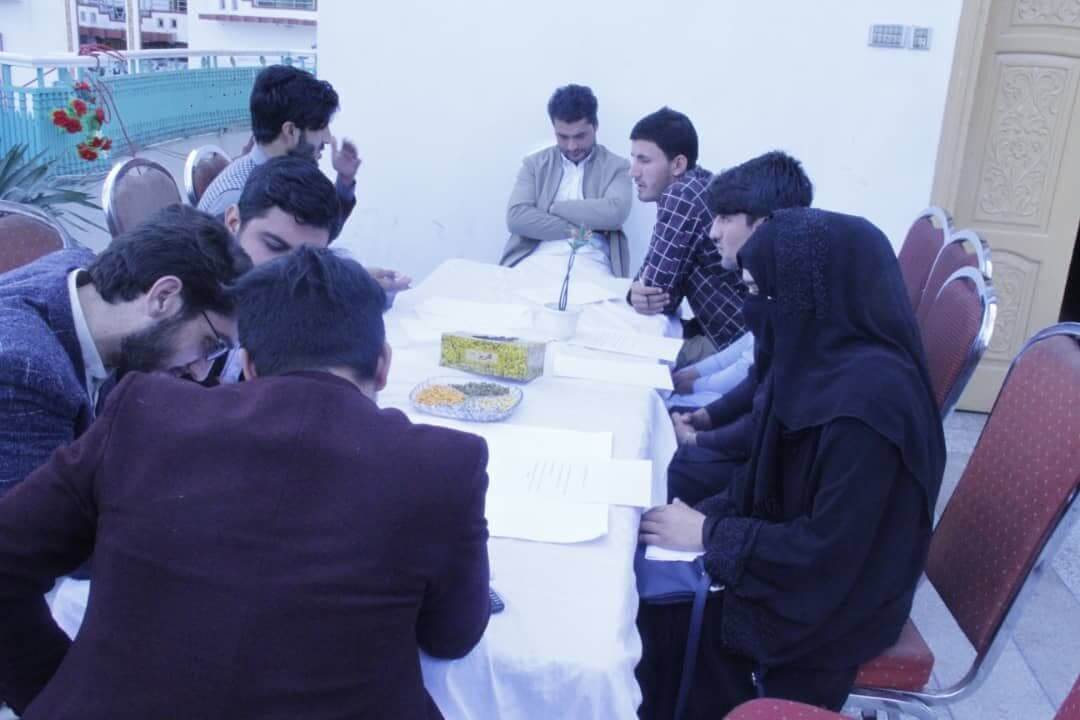
At the end of the symposium, Professor Jamil Popalzai concluded the symposium by praising the Afghanistan Economic and Legal Studies Organization (AELSO) for the initiative and made a few suggestions for better organization of such programs in the future.
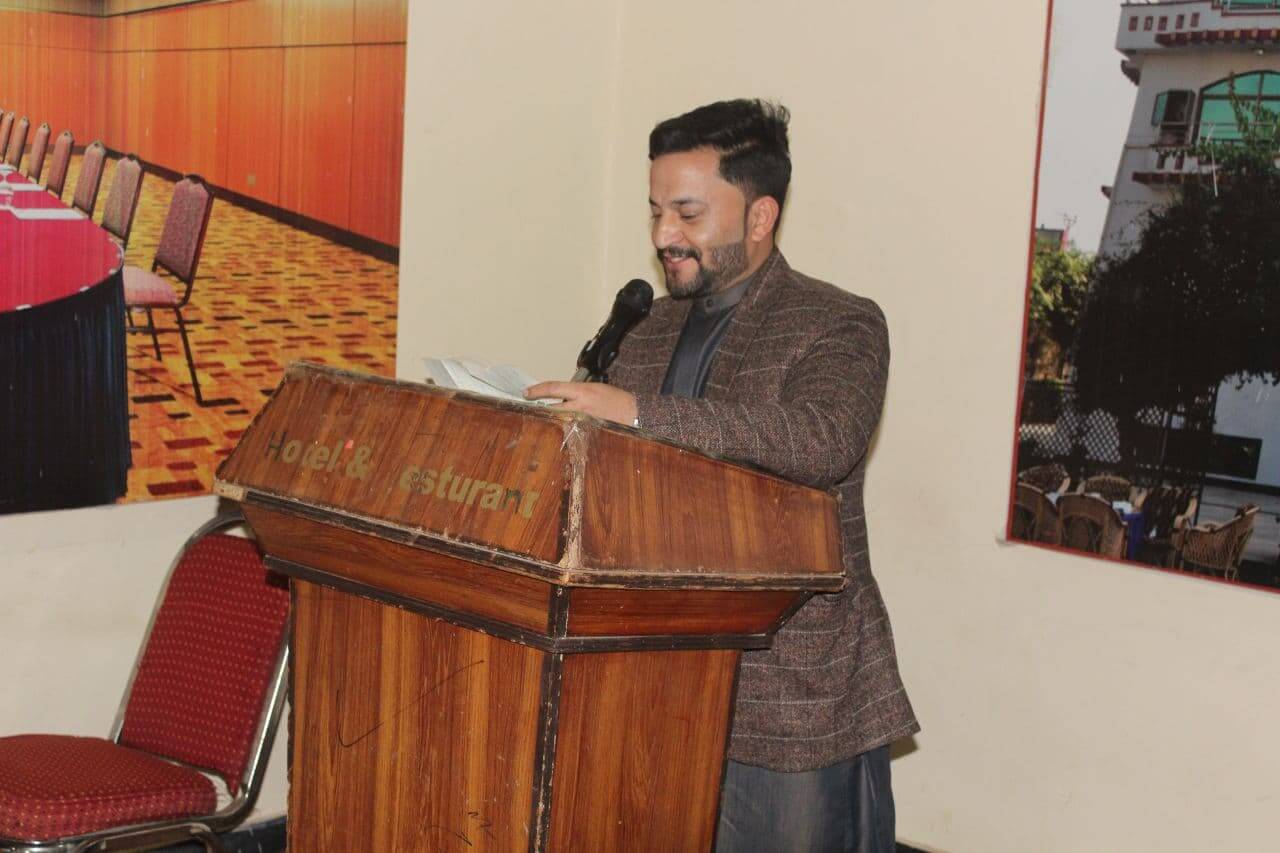
The program ended by distributing the certificates for the participants, collectively praying for a peaceful and prosperous Afghanistan and group photo.
